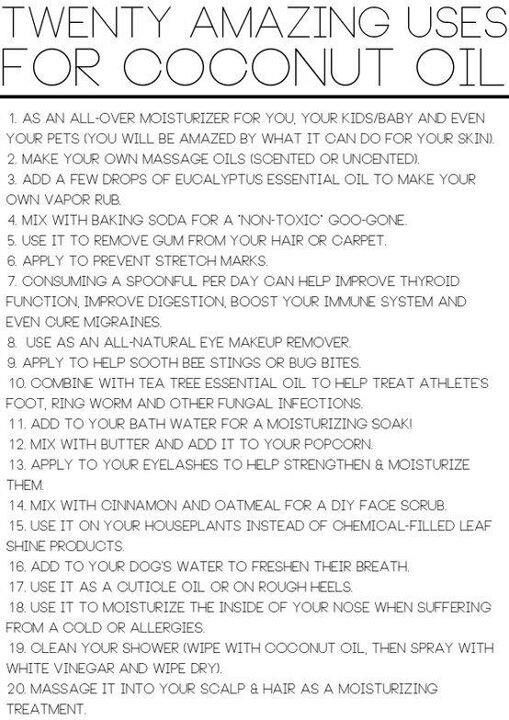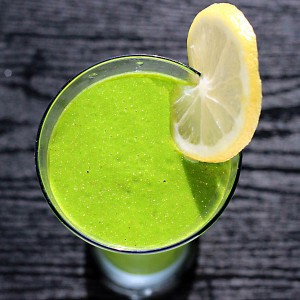The 5 Best Vitamins for Hair Growth
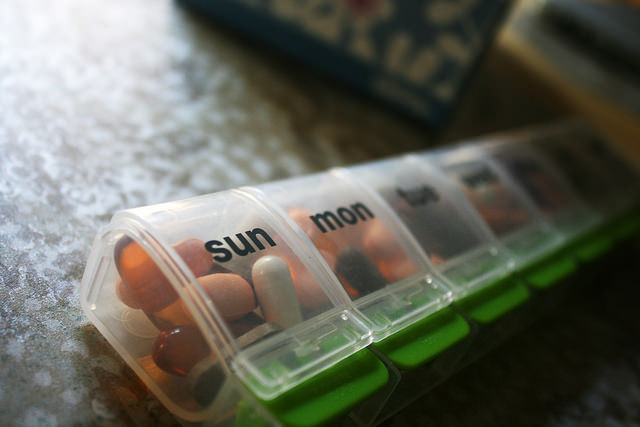
Contents
The 5 Best Vitamins for Hair Growth (+3 Other Nutrients)
People relate healthy hair to health and beauty.
Just like every other part of our body, hair also needs nutrients to stimulate healthy growth.
Did you know that the main reason for hair loss is nutritional deficiencies?
There are other factors such as age, hormones, genetics; however, nutritional deficiency is the key factor.
Let us discuss 5 vitamins and also 3 nutrients that help in healthy hair growth.
1. VITAMIN A
Our body requires vitamin A to grow. Including the fastest growing tissue in our body; hair. Vitamin A facilitates skin glands in making an oil essence called sebum. Sebum keeps the scalp moisturized and keep the hair healthy.
Deficiency of Vitamin A can cause several health issues including hair fall.
Having said that excess intake of Vitamin A could also cause a problem. Researchers have shown that vitamin A overdose can lead to hair loss.
Sweet potato, kale, pumpkin, carrots, and spinach are some rich sources of Vitamin A
Also, you can find Vitamin A in animal products like yogurt, milk, and egg.

2. B-VITAMINS
One of the best vitamins is vitamin B known as biotin. Biotin deficiency can lead to hair fall.
Biotin deficiency is uncommon as it is present in the wide range of food items.Other B-vitamins aids in creating blood cells, which supply oxygen and nutrients to the hair follicles. These processes are vital for hair growth.
You can find B-vitamins in many food products like almonds, grains, meat, seafood and green leafs.Animal foods are the only effective source of vitamin B12. Therefore, if you are a vegan, try taking a supplement.
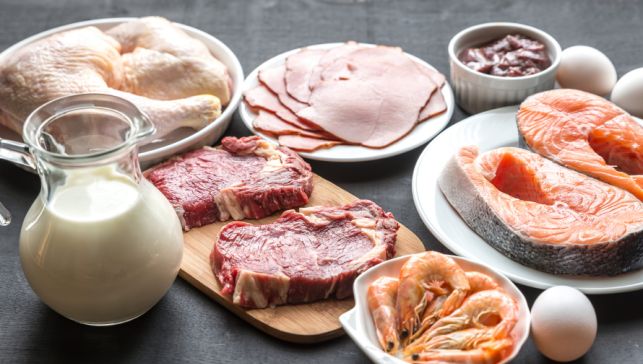
3. VITAMIN C
Radical damage can block hair growth lead to ageing of hair. Vitamin C contains strong antioxidants that fight against the stress caused by extreme damages.Plus, vitamin C helps in creating protein known as collagen which is an important element of our hair structure.Vitamin C also helps in absorbing iron and other necessary minerals for hair growth.Pepper, guava, strawberries and citrus fruit are some of the good sources of vitamin C.
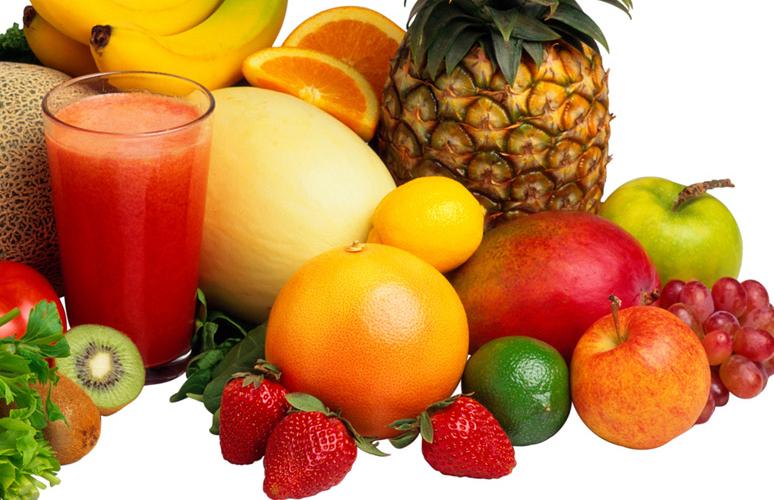
4. VITAMIN D
Deficiency of vitamin D is related to alopecia, a scientific term for hair loss.Studies have shown that vitamin D helps in creating new follicles- the tiny holes in the scalp from which the new hair grow.Vitamin D is said to help in the hair production. However, studies have focused more on vitamin D receptors. Therefore, its actual role is unknown.Having said that most of us fail to get the required amount of vitamin C, so it is good to increase the intake of vitamin D.
Direct contact with the Sun helps in creating vitamin D. Dietary substance that includes vitamin D are fatty fish, mushrooms, cod liver oil, and fortified food.

5. VITAMIN E
Like Vitamin C, Vitamin E also contains antioxidants that prevent oxidative stress.
A study has shown that people suffering from hair fall experienced a hair growth of 34.5 percent after adding vitamin E to their diet for 8 months. Almonds, spinach, sunflower seeds and avocados are some sources of vitamin E.

6. NUTRIENTS
Iron assists the red blood cells to carry oxygen into our cells. This function makes it an important nutrient for our bodily function, including hair growth.Lack of iron in the body causes anemia, which is the main reason for hair loss. It is very common in women.Iron-enriched food includes eggs, oysters, clams, spinach, red meat and lentils.

7. ZINC
Zinc is important in hair growth tissue and repair. It also maintains the oil glands so that follicles work properly. Zinc deficiency is the common symptom of hair loss. Although overdosing with zinc supplements can lead to hair loss.Therefore, it is better to get your zinc intake from whole foods. Food items like, beef, spinach, oysters, pumpkin seeds, wheat grams and lentils are rich in zinc.

8. PROTEIN
Our hairs are entirely made of protein, so consuming an adequate amount of protein is a must for hair growth. Protein deficiency will block the hair growth and will ultimately lead to hair fall.However, protein deficiency is very rare these days.

Organic food items are the best source of vitamins. But if you lack the enough diet, you can go for supplements. Apparently, supplements are good for those who are already deficient. But before taking any supplements, consult with your doctor.
To conclude, the best way to get nutrients is to have a balanced diet that includes fresh nutrients enriched food.


